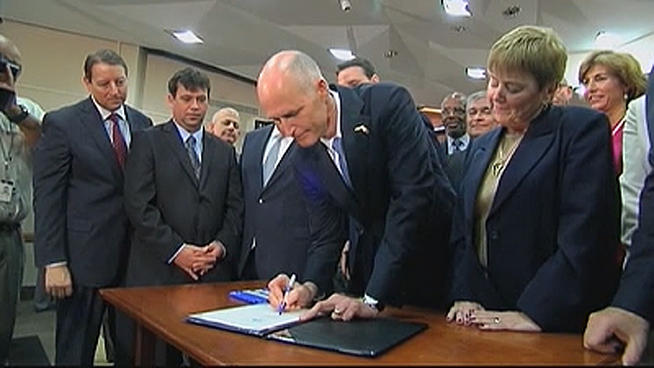
On April 23, 2024, the Federal Trade Commission (FTC) reached a final decision on the Noncompete Rule (16 CFR 910). This rule addresses concerns regarding certain types of noncompete agreements that were deemed “unfair methods of competition”. The rule will become effective 120 days after its publication in the Federal Register. The FTC Rule can be found here.
Under the Noncompete Rule, most noncompete agreements for employees earning less than $151,164 per year will be prohibited, as well as those that arise from the sale of a business. This provision aims to protect employees’ rights and prevent undue restrictions on their ability to seek employment opportunities.
It is important to note that the Noncompete Rule includes significant changes compared to the previously proposed version. One notable change pertains to the requirements for employers to inform individuals who may have existing noncompete agreements those agreements are no longer valid. Employers will be obliged to adhere to certain notification procedures, ensuring individuals are properly informed about their rights and obligations concerning these agreements.
Undoubtedly, the new Rule law will face pushback and lawsuits that will try to stop its implementation. Stay tuned for regular updates.
Act Now!
Stay one step ahead of new legislation, recent case law, and new developments that may impact your community association by subscribing to the Gerstin & Associates newsletter.





